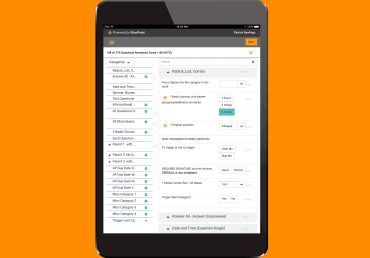Companies have partnered to create wireless SIMs for IoT devices.
Cloud communications platform provider Twilio announced at their Signal developer conference that they’ve entered a partnership with telecommunications giant T-Mobile to bring cellular connectivity to the IoT via wireless SIMs.
“Modernizing communications and moving it into the realm of software has been Twilio’s mission from day one,” said Twilio CEO Jeff Lawson during the May 25 announcement. “With enterprises needing to manage mobility more than ever before and the unrealized promise of IoT, there’s never been a better time to lift the barriers on cellular communications.”
The T-Mobile and Twilio project is called Programmable Wireless and will bring cellular data, SMS and voice services to IoT devices outside of WiFi access points through T-Mobile’s LTE network. The connectivity will be managed via a simple API that allows customers to use their own applications to deploy, activate and set up devices on the the network. Users can give their devices phone numbers from over 50 countries and route calls and text messages to their devices natively.
According to ReadWrite, Twilio has already prepared a variety of use cases including drones, autonomous car fleets, smart factories, and smart watches that won’t need a smartphone to work. While T-Mobile isn’t the first cellular provider to enter the IoT field (both AT&T and Verizon provide IoT services), the company said it is the first to bring cellular services to the IoT and smart homes.
Twilio told TechCrunch that the service will be available at the end of 2016. Pricing is based on volume, starting at $2 per SIM per month and $0.10 per MB of data metered across a fleet of devices. For high bandwidth needs, that goes up to $25 for the first GB and $15 per GB after that. Programmable SMS and voice minutes are priced by usage.\



























